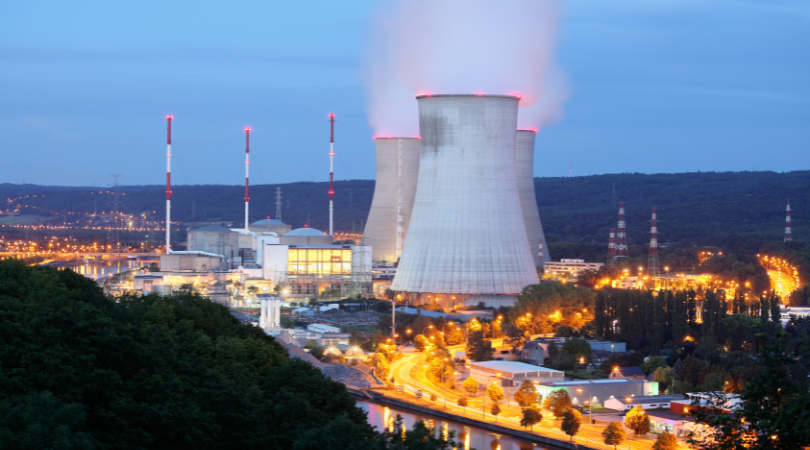African leaders bet on nuclear for lasting power.
As Africa’s energy demands continue to rise alongside rapid population growth and industrial development, leaders across the continent are calling for the urgent adoption of nuclear energy. During recent high-level forums, several heads of state and energy ministers emphasized that nuclear power presents a reliable, sustainable and long-term solution to bridge the continent’s energy gap and accelerate economic transformation.

While many African nations still rely heavily on hydro, fossil fuels and intermittent renewables, nuclear energy is emerging as a promising alternative that can deliver consistent power, boost manufacturing capacity and strengthen regional energy security. Countries like South Africa, Egypt and Ghana are already advancing nuclear programs, while others are exploring partnerships and investment opportunities to join the race.
But as momentum builds, so does the need for stringent monitoring, transparency and accountability in the handling of nuclear technology and materials. This is where traceability plays a vital role. From sourcing reactor components to tracking radioactive substances across borders, robust traceability systems ensure every step of the process meets international safety and compliance standards. It also strengthens trust among partners, regulators, and the public key pillars for any successful nuclear rollout.
With the right investments and safeguards in place, nuclear energy could be the key that unlocks Africa’s next phase of development. And in that journey, traceability will remain a silent but powerful ally, ensuring safety, integrity and confidence every step of the way.
